A mother’s pen inspires a community
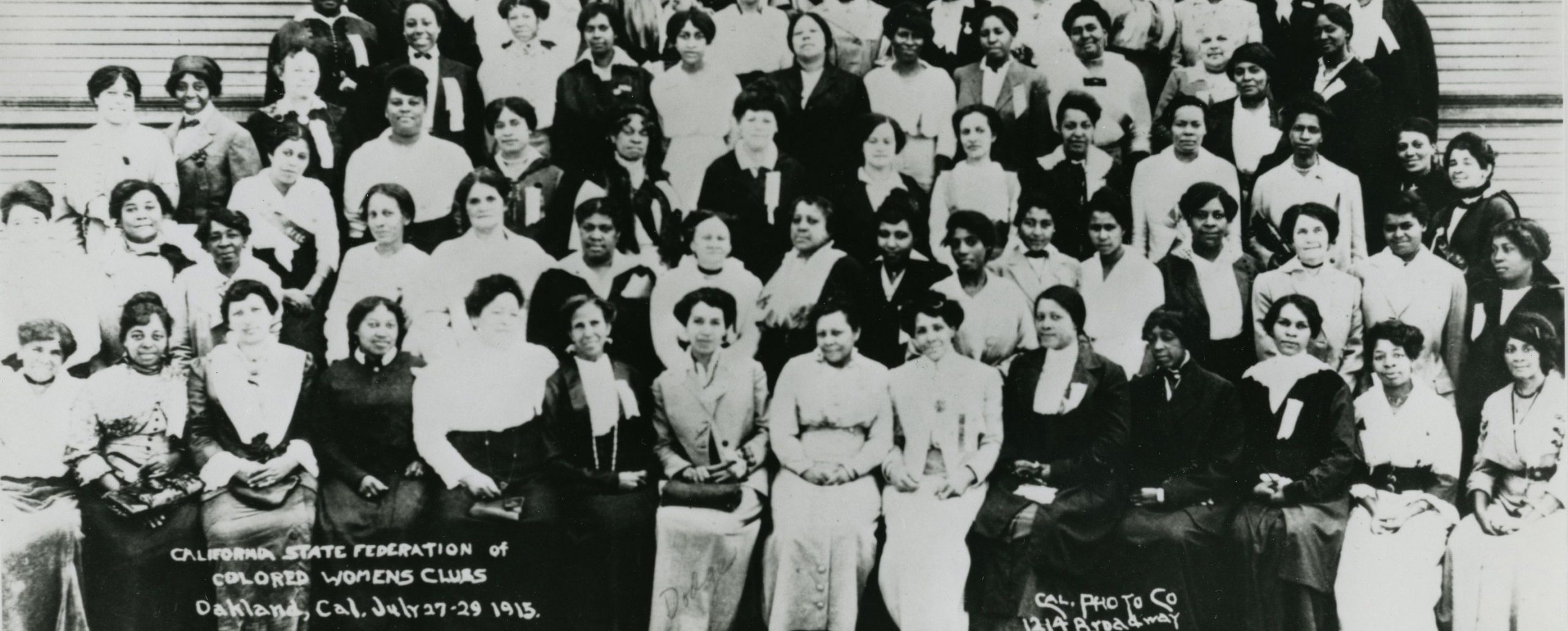
Eva Buckner worked as a domestic servant and later as a seamstress, but her passion was writing poetry.
From her home in Colorado Springs, Colorado, she submitted little verses and poems to the city’s leading papers, and later to publications across the nation.
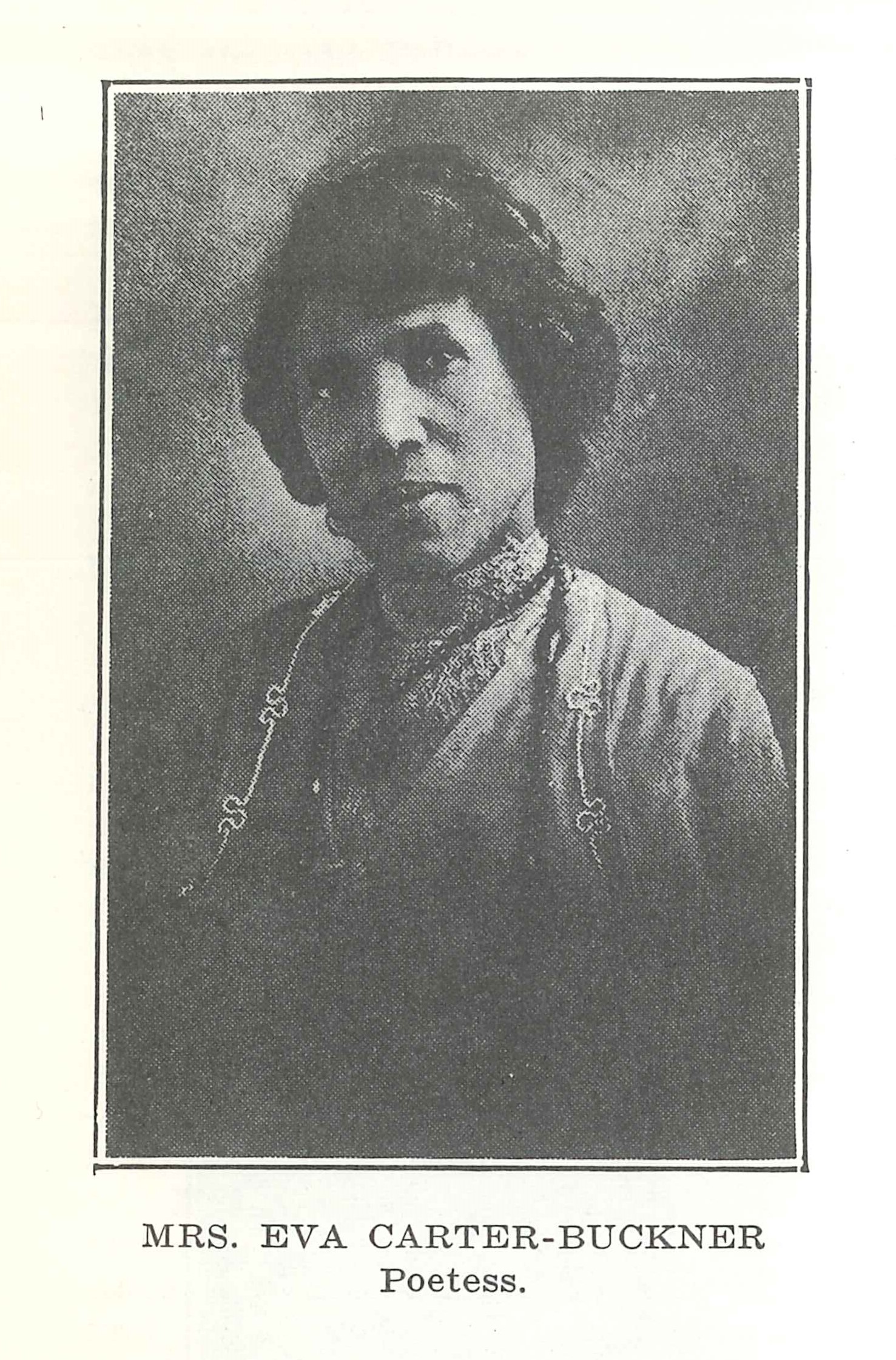
When the mayor’s wife organized a poetry competition, despite facing a panel of highly educated white judges, Buckner won the first prize, and her first public award.
While she never published a collection of works, her greatest achievement came when she was asked to submit a piece she wrote about her hometown in an anthology of American authors.
“City of sunshine home so dear Where the skies are ever clear, where the purest waters flow, and the mountain breezes blow; with the grand old peak in view, and the scen’ry ever new, though from thee I far may roam Thou art still my cherished home.” —Selection from “City of Sunshine” by Eva Buckner, Gems of Poesy, 1905
While living in Colorado, she became an active member of the local chapter of the National Association of Colored Women (NACW). Led by promoter of racial and gender equality Mary Church Terrell, the national organization focused on voting rights, job training, child care, education, and wage equality. At the same time, the organization supported the National Association for the Advancement of Colored People (NAACP) in trying to end lynching and desegregation.
Her poetry reflected her interest in issues of equality. When the race of a popular African American athlete was questioned, she wrote a searing critique of racial caste in her poem “What constitutes a Negro?”
“There’s rise and fall of Nations, But, dispute it if you can, There is just one god and father And the brotherhood of man Ten-tenths blood of pure Caucasian This it takes to make you white But one drop of Negro blood is Just the same, as black as night.” —Selection from “What Constitutes a Negro?” by Eva Buckner
While some newspapers declined to print this poem, others published it proudly. Her pen became a fierce voice in the African American community.
In 1906, as the NACW clubs in Colorado gathered for their 3rd state convention, Eva Buckner introduced a song called “Onward” at the proceedings. It became an instant hit, and was repeated at meetings and conventions for years after.
“We’re Colorado’s colored women struggling for a place: We’re loyal to our country and we’re loyal to our race; We’re holding high the banner, in the dust it must not trail, As we go marching on. Onward, upward to the summit Onward, upward to the summit, Onward, upward, to the summit We’re advancing step by step.” —Selection from “Onward” by Eva Carter Buckner, 1906. Sung to the Battle Hymn of the Republic.
Within the year, she moved to California, where she became a member of the newly formed California State Federation of Colored Women’s Club which joined the NACW in 1908. She used her writing skills to create the organization’s first club song, “In the Ranks.”
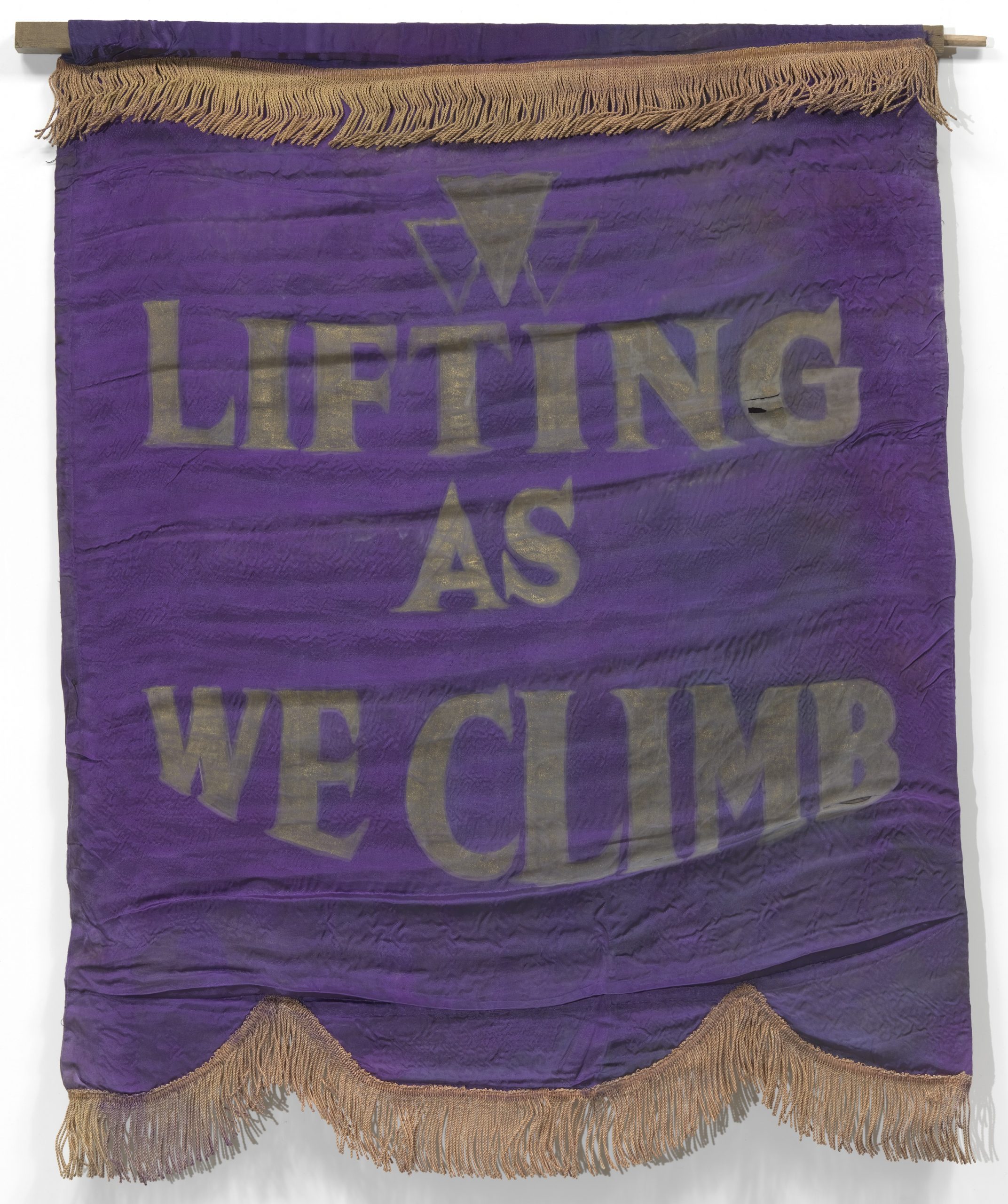
Living in Los Angeles, she became an early member of the local chapter of the NAACP. During her time in the NAACP, she led a committee to investigate incidents of prejudice in public schools.
While writing, working, and volunteering in community organizations, Buckner also raised her son as a single mother. Understanding the importance of a good education, and the limits of the public school system in Colorado, she made the difficult decision to send Garrie out-of-state to the Tuskegee Institute in Alabama for his high school education in 1900.
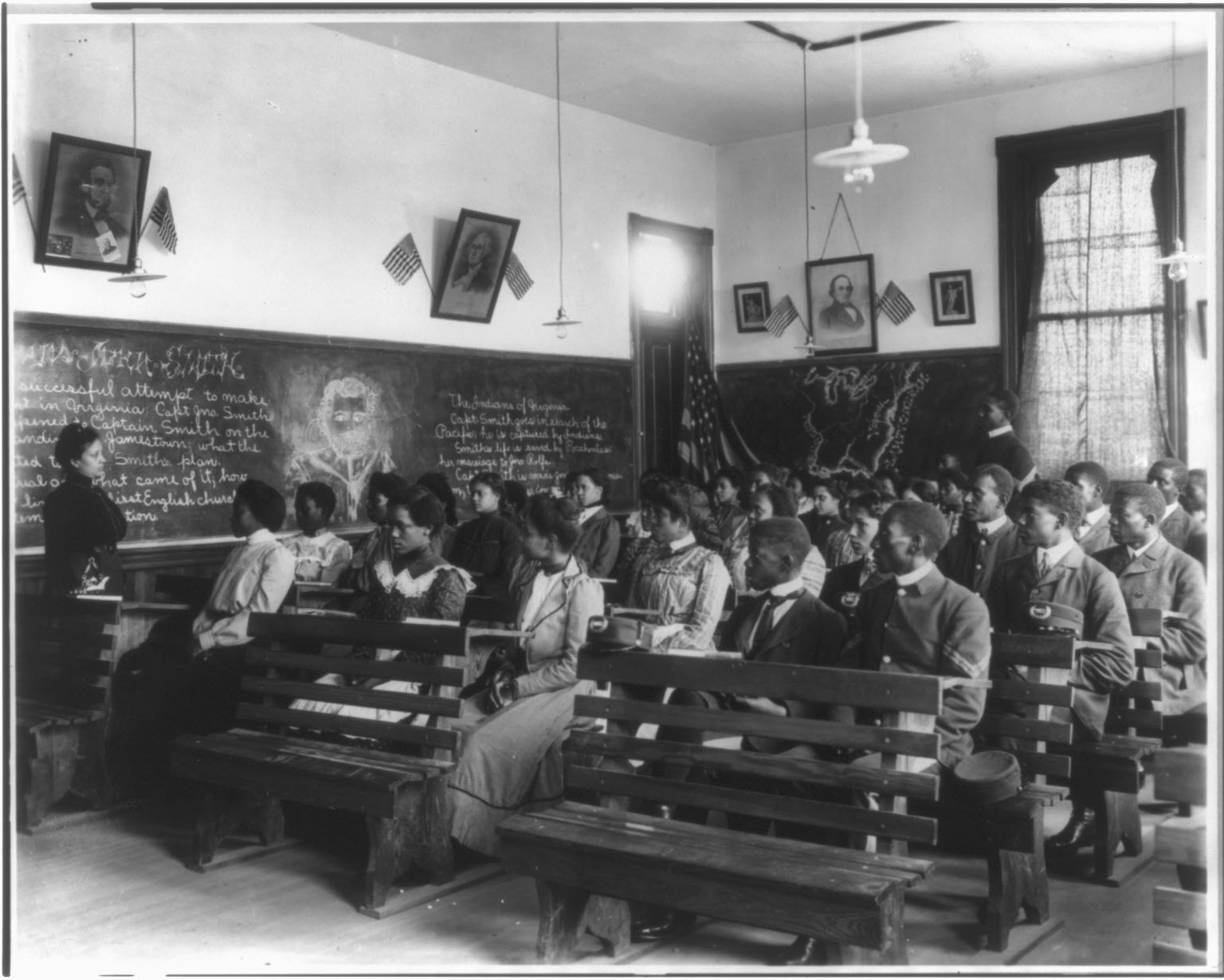
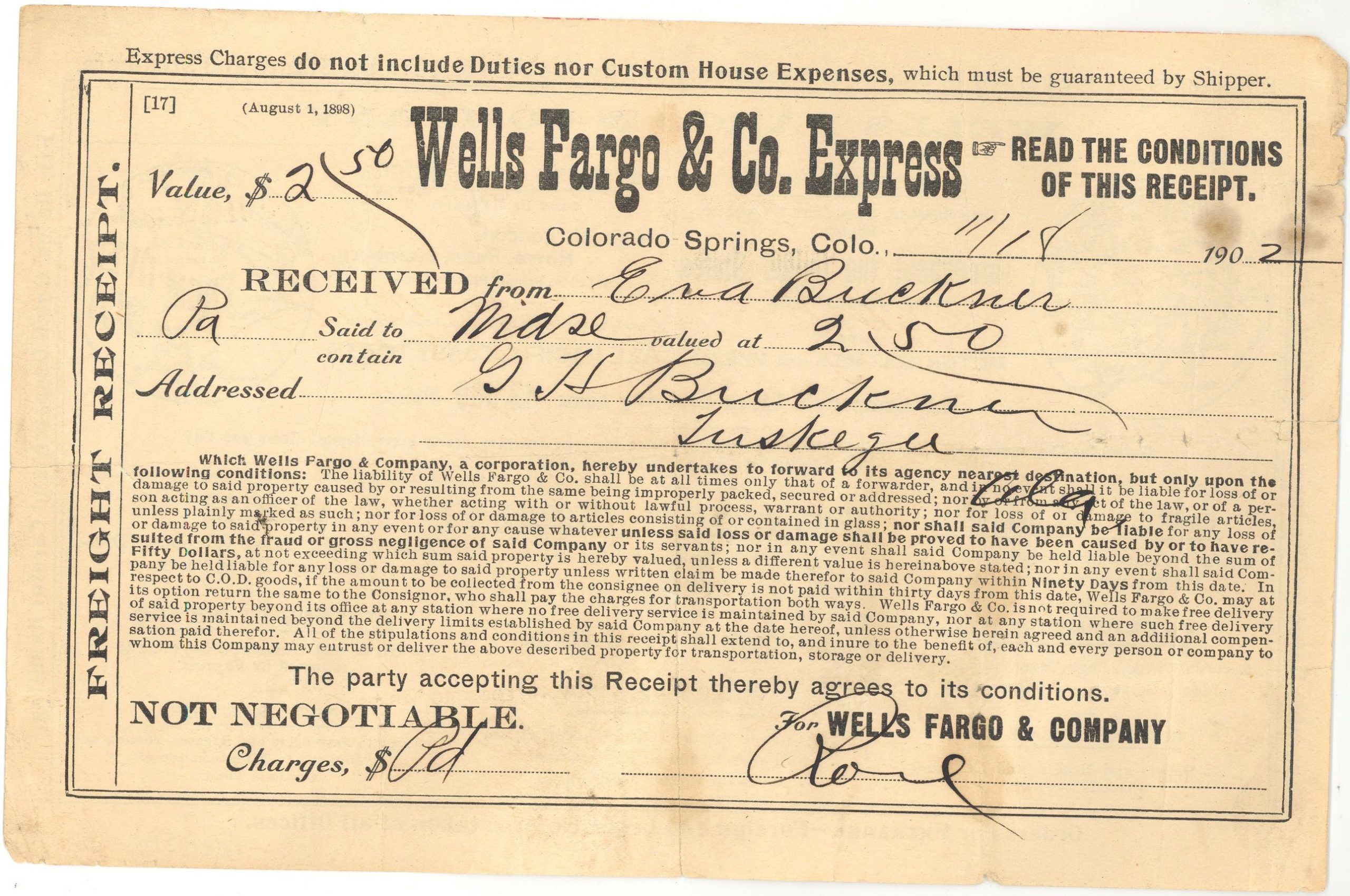
The acclaimed African American school officially opened on July 4, 1881 with 30 students and Booker T. Washington as its first principal — a position Washington held until his death in 1915. While her son studied in Alabama, she sent him care packages using Wells Fargo’s express service.
Garrie later joined his mother in Los Angeles where she continued to write, work, and be active in the community until her death in 1946.